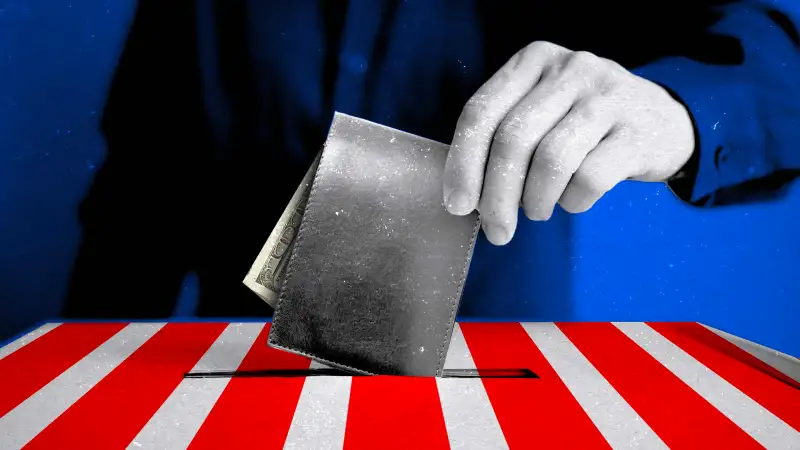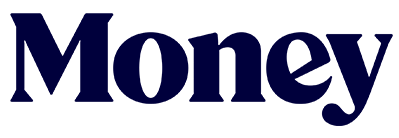How the Midterm Elections Could Affect Inflation, Taxes and the Economy

Tuesday's midterm elections come at a turbulent time for the U.S. economy: Inflation has been running at four-decade highs for months, gas prices are on a rollercoaster, and student loan forgiveness got stopped before it could start.
Needless to say, you should go vote. But before you cast your ballot, you should be clear on what's at stake for your wallet.
On a state level, there are several explicitly money-related proposals up for consideration. In Nebraska, Initiative 433 would raise the minimum wage from $9 to $15 by 2026. In Arizona, Proposition 209 would bring down the maximum interest rate on medical debt from 10% to 3%. And in Massachusetts, Question 1 would amend the state constitution to increase taxes for millionaires.
But nationally, the big question is which party will take control of Congress. Right now in the Senate, Democrats have the majority because although there are 50 seats held by Republicans and just 48 held by Democrats, the two Independent seats lean left — and Vice President Kamala Harris is the tiebreaker. In the House, 220 of the seats are held by Democrats and 212 are held by Republicans. (Three are vacant.)
The midterms, which will decide the fate of all 435 House seats and more than 30 Senate seats, could change the math.


